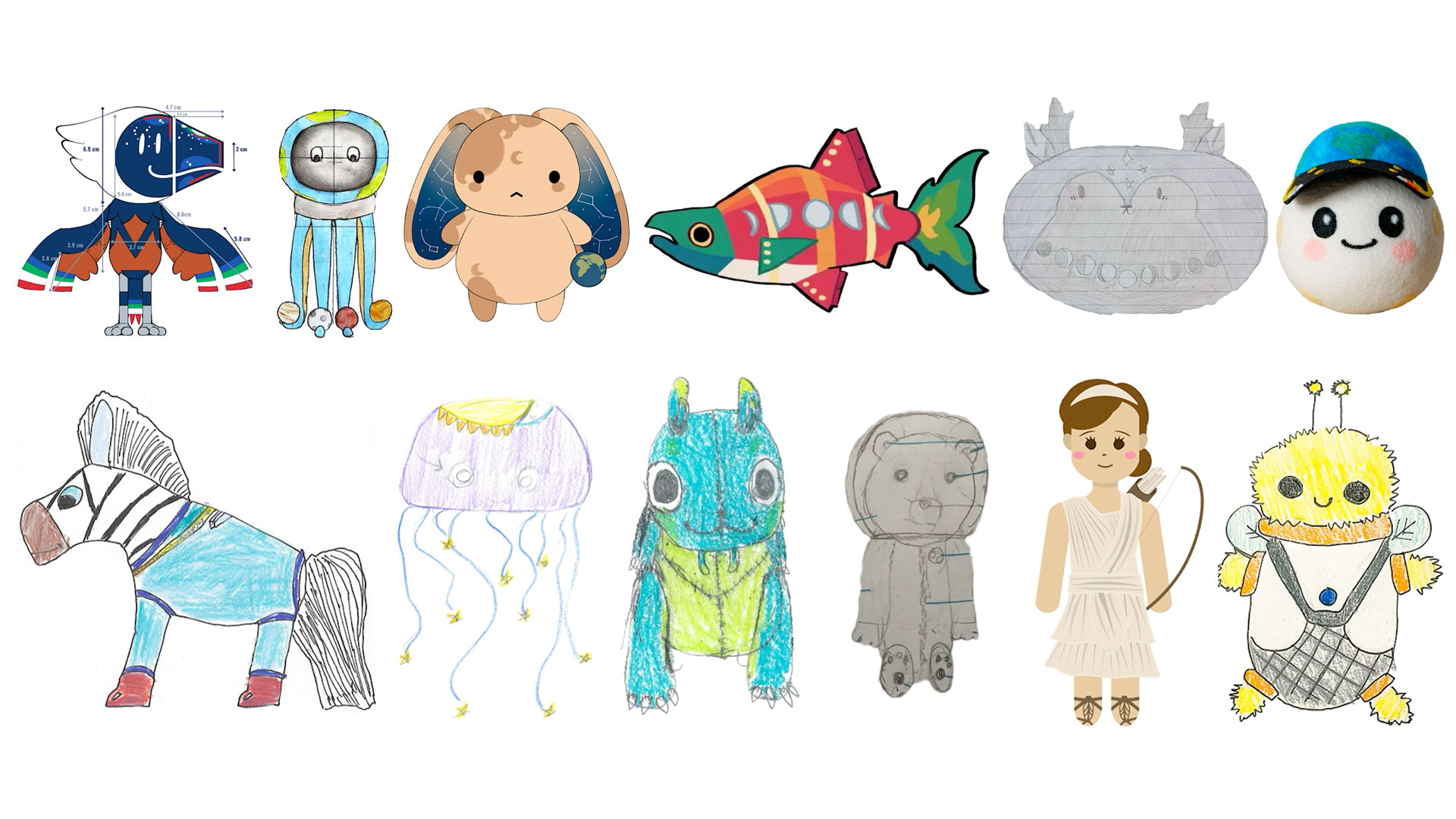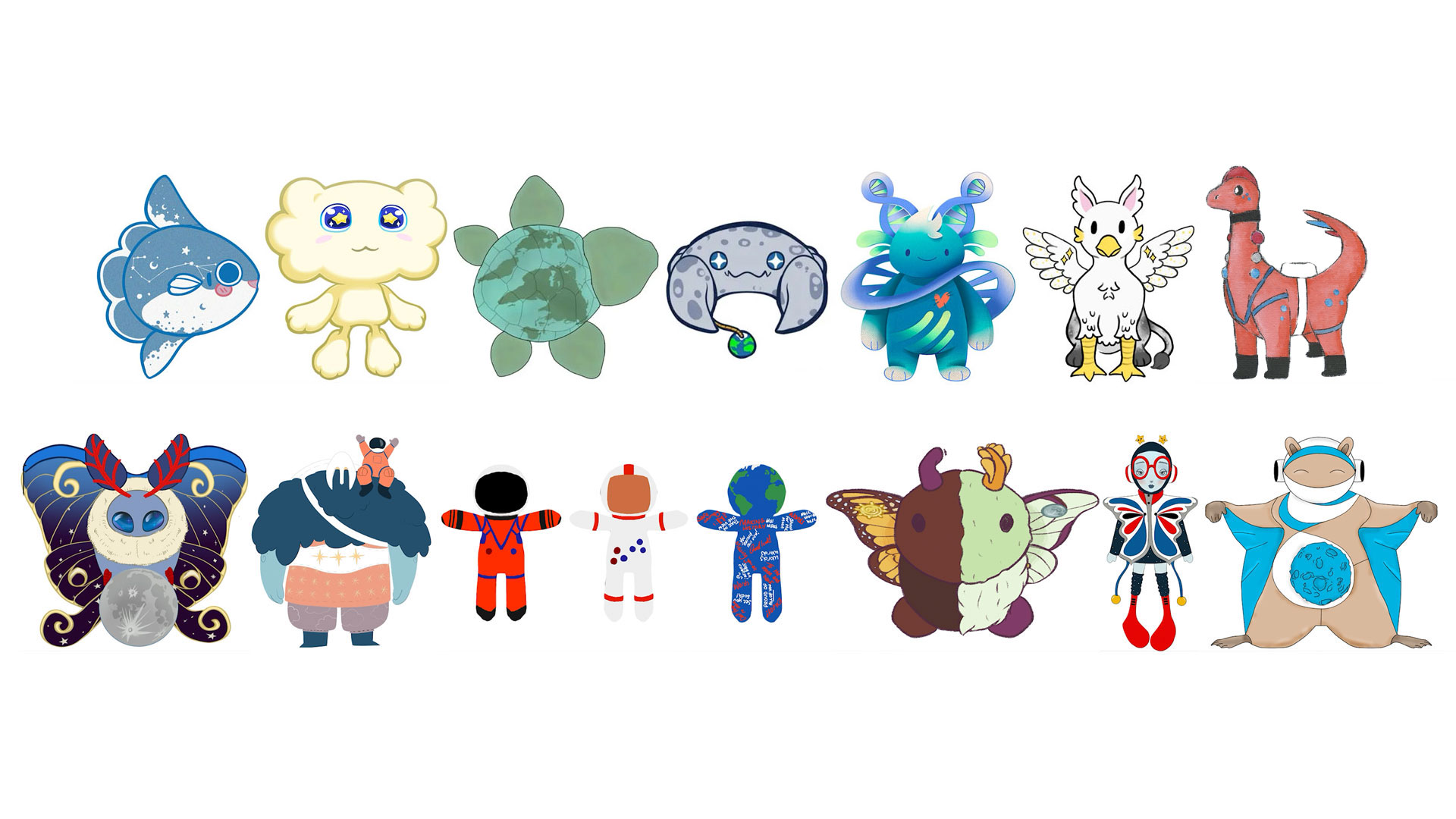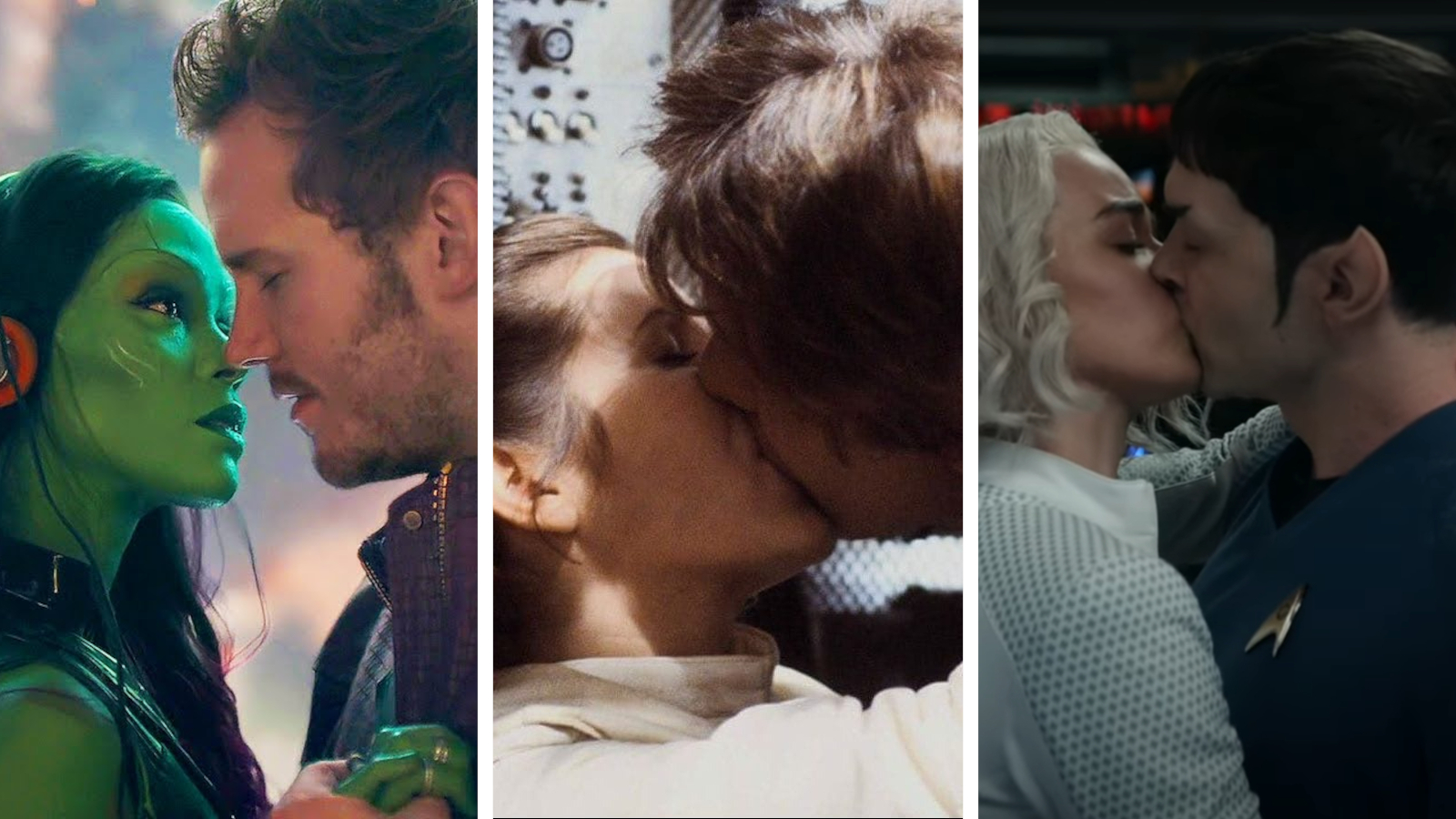Fly me to the moon: 25 finalists chosen for Artemis 2 'zero-g indicator'
The 25 finalists include student, classroom team and adult-designed entries from 10 countries.

Breaking space news, the latest updates on rocket launches, skywatching events and more!
You are now subscribed
Your newsletter sign-up was successful
Want to add more newsletters?

Delivered daily
Daily Newsletter
Breaking space news, the latest updates on rocket launches, skywatching events and more!

Once a month
Watch This Space
Sign up to our monthly entertainment newsletter to keep up with all our coverage of the latest sci-fi and space movies, tv shows, games and books.

Once a week
Night Sky This Week
Discover this week's must-see night sky events, moon phases, and stunning astrophotos. Sign up for our skywatching newsletter and explore the universe with us!

Twice a month
Strange New Words
Space.com's Sci-Fi Reader's Club. Read a sci-fi short story every month and join a virtual community of fellow science fiction fans!
When the Artemis 2 astronauts launch to the moon next year, they will be accompanied by one of 25 plush toys just named a finalist in a NASA contest.
The space agency and Freelancer, a crowdsourcing company, on Friday (Aug. 15) announced the winners of the "Moon Mascot: NASA Artemis II ZGI Design Challenge," which ran from March through June. NASA will now select from the finalists a single doll to become the mission's zero-gravity indicator (ZGI).
The designs range from anthropomorphized animals, mythological creatures and nods to NASA's past, present and future space exploration efforts. A full list of the winners along with their submissions can be viewed at collectSPACE.com.

"These finalists have proven they indeed have 'the right stuff,'" said Matt Barrie, Freelancer chief executive, in a statement.
The chosen toy will be suspended from a tether inside the Artemis 2 Orion spacecraft, such that when the crew enters the microgravity environment of space, it will begin to float. Hence, the ZGI will indicate to the astronauts that they are in zero-g.
The 25 winners, who will receive either $1,225 or an Artemis prize pack depending on their age, were selected from three groups: K–12 Individual, K-12 Classroom and Adults. In total, 2,605 entries were received.
The finalists hailed from Canada, Colombia, Finland, France, Germany, Japan, Peru, Singapore, the United Kingdom and the United States. In the U.S., entries were received from California, Connecticut, Florida, Indiana, Kansas, Maryland, Nebraska, Texas and Virginia.
Breaking space news, the latest updates on rocket launches, skywatching events and more!
Contestants were challenged to design and submit a rendering of a small plush toy that represented "humanity, exploration and the spirit of the Artemis campaign." They were limited to a list of materials used in NASA's Thermal Blanket Lab, where the idea that is selected to fly will be fabricated into a real ZGI.
"The creativity [the finalists have] shown is incredible — they should be proud to have their efforts recognized on such a stage and be part of humanity's ongoing quest to understand the cosmos," said Barrie.
Artemis 2 will be the first crewed moon mission since Apollo 17 in 1972. The Artemis 2 astronauts won't land on Earth's nearest neighbor, however; they'll fly around the moon and then head back to Earth.
Editor's note: This article was updated on Aug. 20 to update the details and images of the finalists. According to Freelancer, one of the entries was replaced due to "unforeseen circumstances."

Robert Pearlman is a space historian, journalist and the founder and editor of collectSPACE.com, a daily news publication and community devoted to space history with a particular focus on how and where space exploration intersects with pop culture. Pearlman is also a contributing writer for Space.com and co-author of "Space Stations: The Art, Science, and Reality of Working in Space” published by Smithsonian Books in 2018.
In 2009, he was inducted into the U.S. Space Camp Hall of Fame in Huntsville, Alabama. In 2021, he was honored by the American Astronautical Society with the Ordway Award for Sustained Excellence in Spaceflight History. In 2023, the National Space Club Florida Committee recognized Pearlman with the Kolcum News and Communications Award for excellence in telling the space story along the Space Coast and throughout the world.
You must confirm your public display name before commenting
Please logout and then login again, you will then be prompted to enter your display name.
